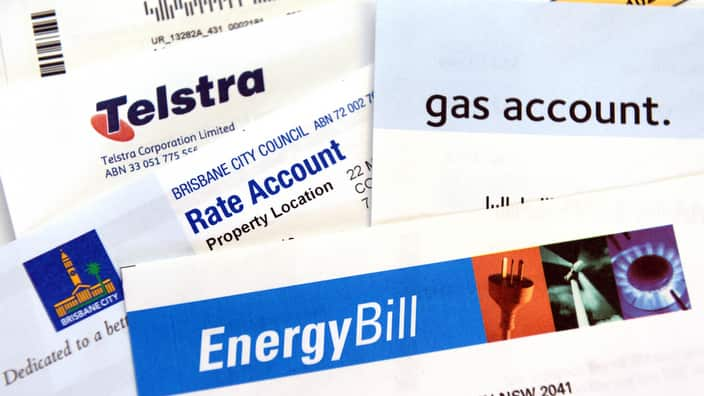In recent years, Australia has become known as a destination with many job opportunities and a high cost of living due to the strengthening of the Australian dollar and to the rise in house rental prices. According to the 2015 Worldwide cost of living survey in The Economist, Sydney is Australia's most expensive city (20th in the world) and Melbourne is straight after Sydney at 21st.
How can migrants from overseas ensure that the salary they earn is enough to cover their expenses? First of all they need to draw up a budget.

Source: AAP
Cost of living and monthly expenses budget
In terms of individual monthly expenses, figures can be influenced by a wide range of variables. For example the city you choose to move to (Sydney and Melbourne are the most expensive), how big or luxurious is the accommodation you rent, whether you decide to buy a car or to rely on public transport, and what is your category of Australian visa (this makes a big difference in terms of tax payments, schooling and healthcare costs).
Here you can find some important elements to consider when drawing up a monthly expenses budget for Australia:
- Rent - Five Australian cities feature in the top 40 most expensive places for expats to live in terms of household accommodation costs. While economists predict that price increases will come to a halt, and perhaps even recede slightly in the next few years, migrants need to be aware that more or less 30 percent of their monthly income might need to cover their rent costs. More information on the website of the Australian Bureau of Statistics.
- Utilities - If you are renting an accommodation in Australia, your landlord is responsible for council rates but you have to pay your own gas, electricity and water bills.
- Transport - If choosing to have a car, you need to consider compulsory car insurance and petrol. If using public transport, you can check what the costs are in the city you are living. Here you can find some information about Melbourne and Sydney.
- Healthcare and medical insurance - All Australian taxpayers contribute about 1.5 percent of their salary to Medicare, Australia's national healthcare plan. However, migrants on a working visa are also required to purchase private health insurance to cover themselves while in Australia.
- Schooling - Schooling costs will depend on the type of visa a migrant is on. Keep in mind that you can find both public and private schools.
- Tax - It varies according to your visa and to your economic condition. Check the ATO website to get an idea of the Australian tax system.
- Groceries - This will depend on what you want to buy and where you live. Numbeo website provides a rough estimate of prices for groceries. You can select your own city.
- Entertainment - Drinking alcohol and eating out is pretty expensive in Australia.
- Cappuccino - 4.08A$
- Water (0.33 liter bottle) - 2.61A$
- Milk (1 liter) - 1.50A$
- Beer (Domestic 0.5 liter) - 7.00A$
- Apples (1 Kg) - 4.09A$
- Lettuce (1 head) - 2.44A$
How much do you need then to maintain your current standard of living? Next week we will talk about average Australian salaries.
Read more:
Share




